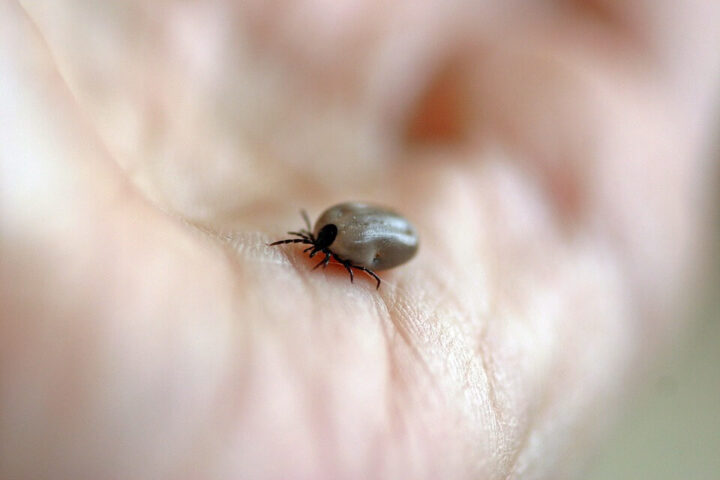Ticks!
With the early start to spring ticks are already coming out in force. We have had 11 tick cases at the hospital already this year. If you have stopped using your pet’s tick prevention during the cooler months now is the time to start using it again. There are many different types of tick prevention you can try and decide which one suits you and your pet. We have chews, spot on and collars so something for everyone.
If your pet gets a tick remove it immediately. The easiest way is with a tick twister which hooks around the tick and helps you twist it off. If you don’t have a tick twister a pair of tweezers can also work well. Once removed if you can, put it in a zip lock bag so the vet can identify what type of tick it is. Call us or your nearest vet ASAP to let them know you are on your way. Your pet can take several hours to show signs of tick paralysis so don’t wait for your pet to show symptoms as the sooner treatment is started the better.
Do you know the signs of tick paralysis in your pet?
- Listen for a change in voice
- Are they lethargic
- Have they lost their appetite
- Coughing or gagging
- Are they wobbly or have weak legs
- Vomiting having trouble breathing
- Actual paralysis is one of the final stages and can be followed by death
If you know or think your pet has had a tick do not give them any food or water as their gag reflex will have diminished and call us immediately.
The happy story of Heston the Golden Retriever
Heston’s owner brought him into us when his back legs started to go wobbly and he was having trouble standing. As it was June she thought it couldn’t be a tick so had dismissed some of the other early signs of tick paralysis he was showing such as loss of appetite, lethargy and trouble breathing. On being admitted to the hospital we started by two of our nurses giving Heston a full tick search while the vet discussed symptoms with the owner. As Heston had such thick fur it was quite difficult but a tiny tick about the size of a pin head was found near his ear. We were surprised to find such a tiny tick had such a big impact on Heston and thought there must be another tick on him so a full tick clip was performed. No other tick was found and we started treatment with tick serum immediately. This shows how dangerous even the smallest of tick’s can be and the importance of getting your pet in for treatment as soon as possible. Heston made a full recovery and was able to go home on strict bed rest two days later. Heston’s owner had stopped his tick treatment during the winter months and was planning on starting it again in September. With the unusually warm weather patterns we seem to be having every year it is safer to keep up your pet’s tick protection year round as ticks can be found even during the winter months.
The sad story of Shelley the cat
Shelley’s owners found a tick on her and removed it. Their neighbour advised them to put vaseline on the crater left by the tick in case any of the tick was still in the skin. Unfortunately for Shelley this is an old wives tale and any pet with a tick even if it is removed needs to see a vet as soon as possible. It wasn’t until 3 day’s after removing the tick and Shelley was showing signs of paralysis she was brought in to the hospital. Shelley was admitted immediately and tick serum was given via slow IV. Shelley needed to be kept lying in a sternal position in case she vomited and she was placed in our intensive care unit under close observation. Unfortunately Shelley had progressed too far into tick paralysis and she stopped being able to breath for herself. We then had to artificially breathe for her while her owners were called in to see her and to make the decision if to say goodbye or send her to a specialist intensive care facility. It was a very sad end for everyone involved.
We can’t stress enough that if your pet has had or you think it has got a tick, even if it’s been removed call a vet immediately as that call could save their life.
Prevention is the best protection so be prepared this summer and protect your pets against ticks!



